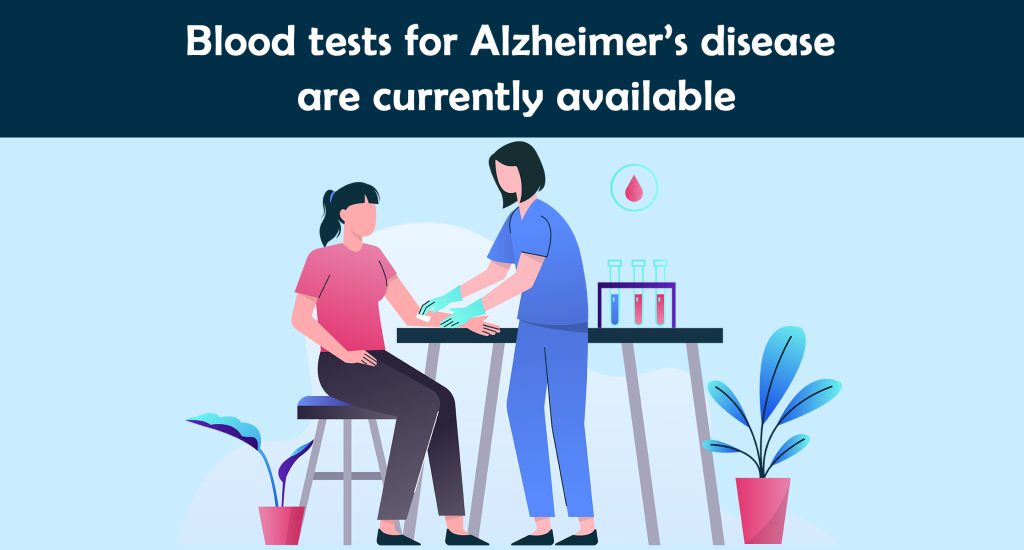
Alzheimer’s disease, affecting 55 million globally with no cure, sees recent progress in drugs to slow its progression. Early intervention with these drugs is crucial, but current diagnostic methods often miss early signs. Evidence suggests Alzheimer’s indicators can be detected in the blood up to two decades prior to symptoms. Several US companies offer Alzheimer’s blood tests for consumers, analyzing amyloid-beta proteins. While these tests show promise, caution is advised in interpreting results. They detect only one Alzheimer’s biomarker and may not account for diverse backgrounds or health conditions. Researchers explore tau protein tests and multi-marker approaches, indicating potential improvements in Alzheimer’s diagnosis accuracy.

